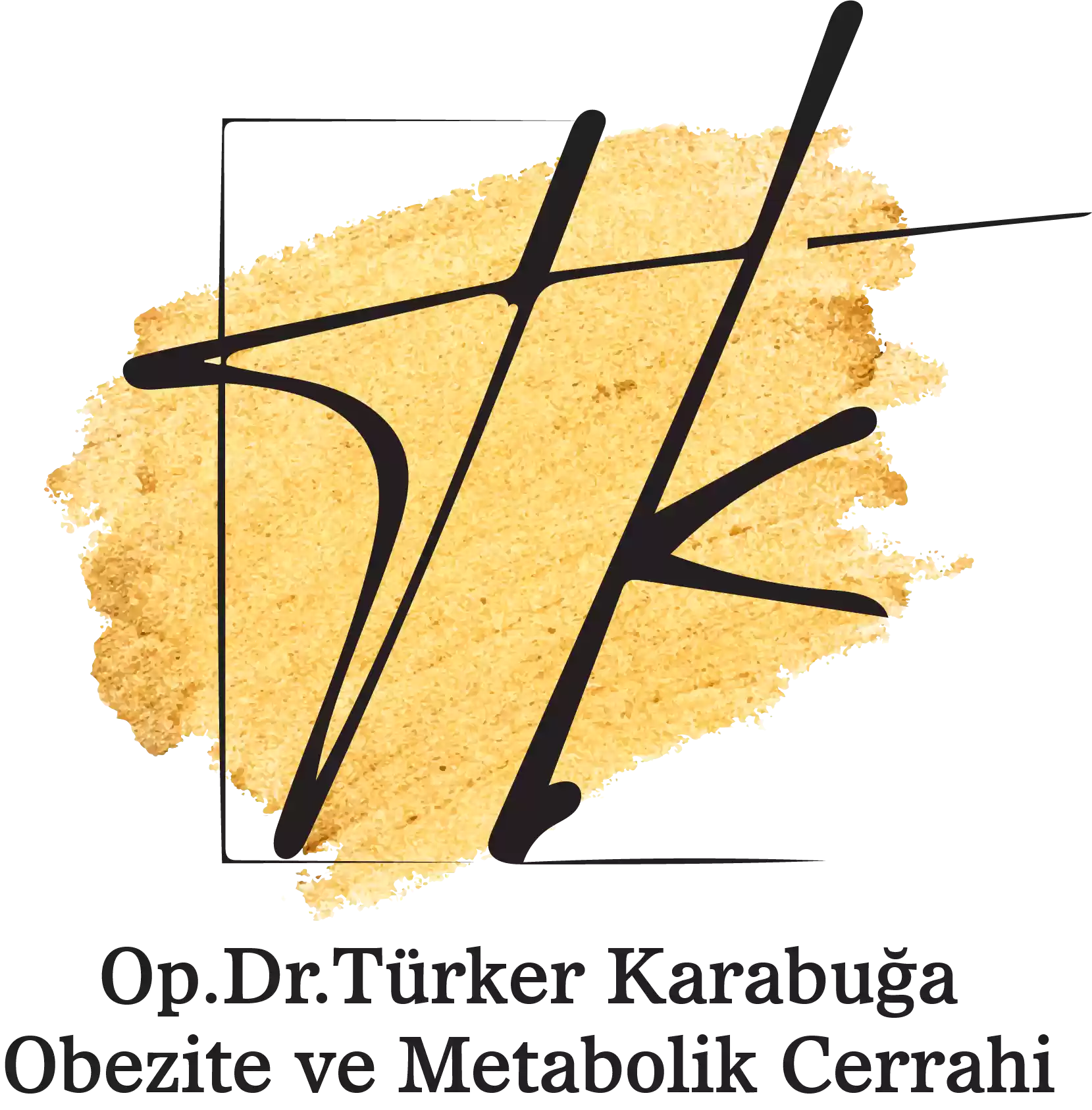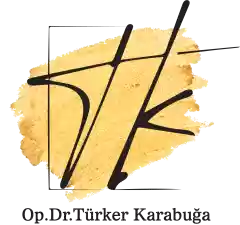Vitamin supplements are necessary after bariatric surgery. The most important of these supplements and the most common deficiency is vitamin D. When taking vitamin D supplements alone, it should be taken with Magnesium mineral.
Why Is Vıtamin D Important?
Vitamin D is one of the most important vitamins for health. When it comes to deficiency;
- heart disease and high blood pressure,
- Diabetes (diabetes),
- Infections and immune system disorders
- Risk of falling in the elderly
- Some types of cancer, such as colon, prostate and breast cancers,
- Multiple sclerosis can be observed.
Having healthy bones protects you from a variety of conditions, including rickets. Rickets is a disease that causes bones to become weak and soft in children. It is caused by a lack of vitamin D in the body.
You need vitamin D so that calcium and phosphorus can be used in bone building. Having soft bones in adults is a condition called osteomalacia.
Vitamin D, along with calcium, helps build bones and keep bones strong and healthy. Weak bones can lead to osteoporosis, a loss of bone density that can lead to fractures.
Vitamin D is converted to the active form of the vitamin once orally or after exposure to sunlight. It is this active form that promotes the absorption of calcium.
Vitamin D deficiency can be caused by certain medical conditions such as:
Diseases such as cystic fibrosis, Crohn’s disease, and celiac disease do not allow the intestines to absorb enough vitamin D through supplements.
Weight loss surgeries; Weight loss surgeries that reduce the size of the stomach and/or bypass a part of the small intestine make it very difficult to consume adequate amounts of certain nutrients, vitamins and minerals. These people should be carefully monitored by their doctor and continue to take vitamin D and other supplements.
Obesity; A body mass index greater than 30 is associated with lower vitamin D levels. The fat cells keep the vitamin D insulated so it doesn’t release it. Obese people are more likely to have a vitamin D deficiency. Obesity often necessitates taking higher doses of vitamin D supplements to achieve and maintain normal D levels.
Diseases such as kidney and liver diseases reduce the amount of an enzyme needed to convert vitamin D into a form used in the body. Deficiency of this enzyme leads to insufficient levels of active vitamin D in the body.
Whıle Attentıon To Vıtamın D Defıcıency, Magnesıum Must Also Be Remembered!
In the presence of magnesium, the activation of vitamin D becomes easier. Magnesium acts as a co-factor for vitamin D and using the two supplements together increases the activity of vitamin D.
Therefore, while using vitamin D, you should not neglect to use a multivitamin rich in minerals and vitamins (http://www.vitabar.net/multivitamin-tablet) and include magnesium-rich foods in your diet.
These foods are;
- Walnuts, almonds, hazelnuts, peanuts
- Lentils, dry beans, peas, chickpeas
- Whole grains, wheat bran
- Spinach, chard (try to consume these foods raw as much as possible or prefer to steam them.)
- Mint, arugula
- Beet
- Dates, figs
- Coriander
- pumpkin seeds








